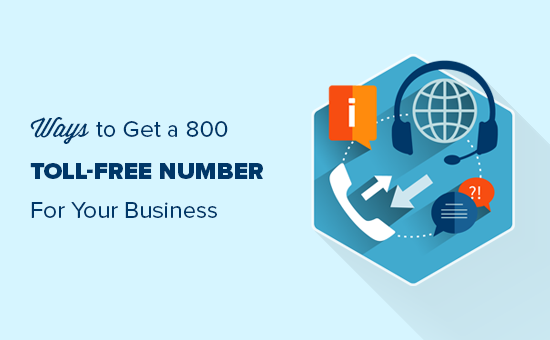Chapter 7 bankruptcy is a type of bankruptcy that allows individuals to discharge most of their unsecured debts. Unsecured debts are debts that are not backed by collateral, such as credit card debt, medical debt, and personal loans.
Chapter 7 bankruptcy is often referred to as a “liquidation bankruptcy” because the bankruptcy trustee may sell some of the debtor’s nonexempt assets to pay off their //miriamalbero.com/ creditors. However, debtors are allowed to keep certain exempt assets, such as their home, car, and clothing.
To qualify for Chapter 7 bankruptcy, debtors must meet certain income requirements. Debtors must also pass a means test, which is a test to determine whether they have enough income to pay back their debts.
If a debtor qualifies for Chapter 7 bankruptcy, the bankruptcy process will typically begin with the filing of a petition with the bankruptcy court. The petition will list the debtor’s assets, debts, and income.
After the petition is filed, the bankruptcy court will appoint a trustee to oversee the bankruptcy case. The trustee will collect the debtor’s nonexempt assets and sell them to pay off the debtor’s creditors.
The bankruptcy process will typically take three to four months to complete. At the end of the process, the bankruptcy court will discharge most of the debtor’s unsecured debts.
Chapter 7 bankruptcy can be a good option for individuals who are struggling with overwhelming debt and who cannot afford to pay their debts back. Chapter 7 bankruptcy can give individuals a fresh start and allow them to rebuild their credit.
Here are some of the benefits of filing for Chapter 7 bankruptcy:
- Debt relief: Chapter 7 bankruptcy can discharge most of your unsecured debts. This means that you will no longer be legally obligated to pay these debts.
- Fresh start: Chapter 7 bankruptcy can give you a fresh start financially. You can use this opportunity to rebuild your credit and create a new financial future.
- Stop creditor harassment: Once you file for Chapter 7 bankruptcy, your creditors are prohibited from contacting you. This can give you peace of mind and allow you to focus on getting your financial life back on track.
However, there are also some drawbacks to consider before filing for Chapter 7 bankruptcy:
- Impact on your credit: Filing for Chapter 7 bankruptcy will stay on your credit report for up to 10 years. This can make it difficult to get approved for loans and other forms of credit during this time.
- Loss of assets: In some cases, the bankruptcy trustee may sell some of your nonexempt assets to pay off your creditors. This can include your home, car, and other valuable items.
- Tax consequences: In some cases, you may be required to pay taxes on the income that is generated from the sale of your nonexempt assets.
If you are considering filing for Chapter 7 bankruptcy, it is important to consult with an experienced bankruptcy lawyer to discuss your case and your options. A bankruptcy lawyer can help you understand the benefits and drawbacks of Chapter 7 bankruptcy and help you decide whether it is the right option for you.




